Ebola Emergency
One of the world’s most deadly diseases
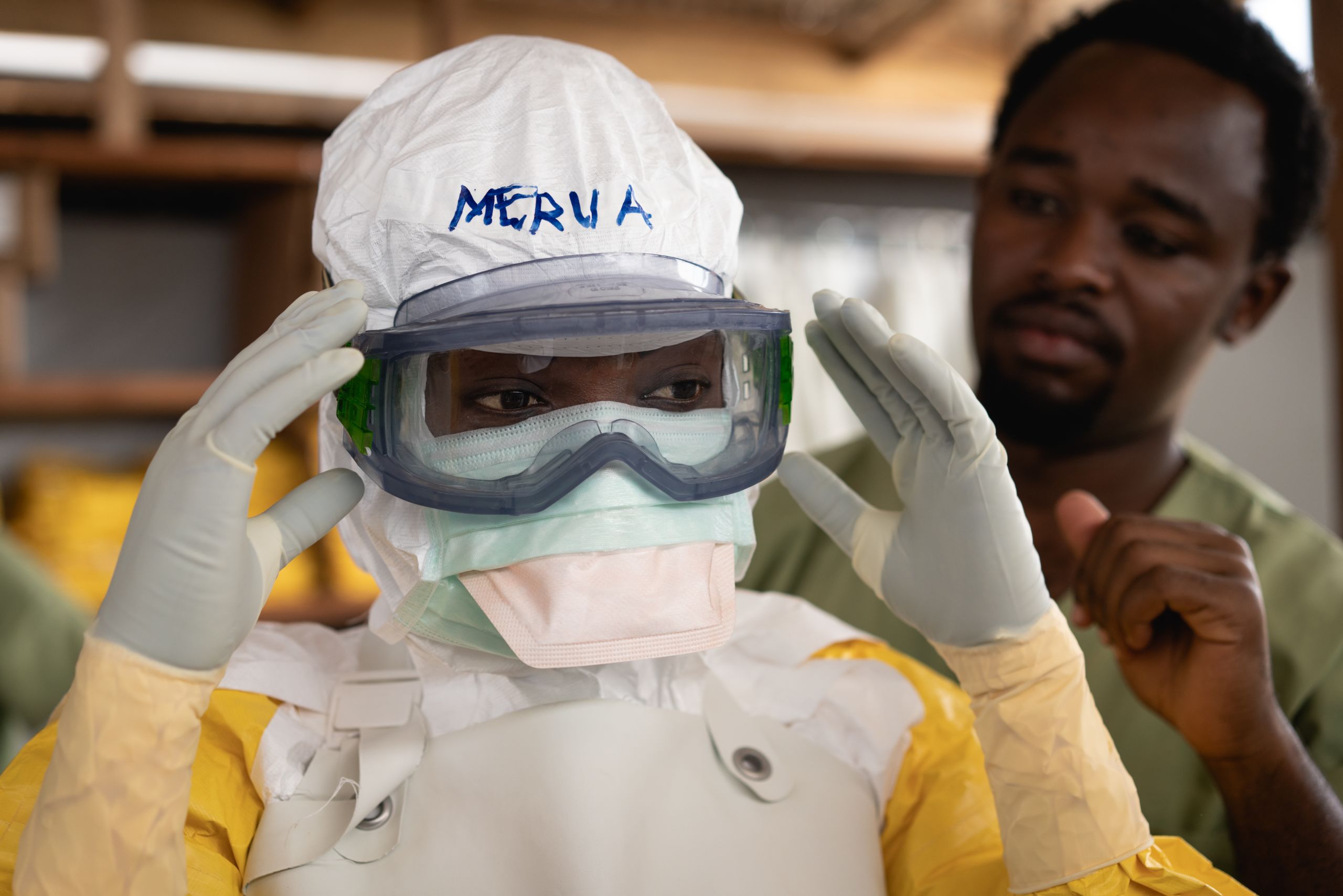
He knew he was sick, but he didn’t want to leave the area.
We did his blood tests and he was confirmed as having the Ebola virus. His father pleaded for him to go to a Treatment Centre as it was his best chance of survival. He did agree to be transferred for treatment, but sadly it was too late and he passed away three days later.
It is so important that the community are aware of the signs of Ebola, so that they can seek treatment as soon as symptoms develop.
Carrie Garavan
, MSF Medical Team Leader
Clare, Ireland – Ituri Province, DRC
Ebola is one of the world’s most deadly diseases
It is a highly infectious virus that can cause terror among infected communities.
Ebola is so infectious that patients need to be treated in isolation by staff wearing protective clothing.
Democratic Republic of Congo (DRC) declared its tenth outbreak of Ebola in 40 years on 1 August 2018. The outbreak is centred in the northeast of the country, in North Kivu and Ituri provinces. With the number of cases having surpassed 3,000, it is now by far the country's largest-ever Ebola outbreak. It is also the second-biggest Ebola epidemic ever recorded, behind the West Africa outbreak of 2014-2016.
During the first eight months of the epidemic, until March 2019, more than 1,000 cases of Ebola were reported in the affected region. However, between April and June 2019, this number doubled, with a further 1,000 new cases reported in just those three months. Between early June and the beginning of August, the number of new cases notified per week was high, and averaged between 75 and 100 each week; since August, this rate has been slowly declining. 70 cases were identified throughout all of October. Although remaining comparatively low, this figure has fluctuated throughout the end of 2019 into early 2020; in December, cases sharply rose from 11 cases reported per week to 24 cases the following week, before stabilising back down to 14 cases per week by the end of the year.
MSF activities
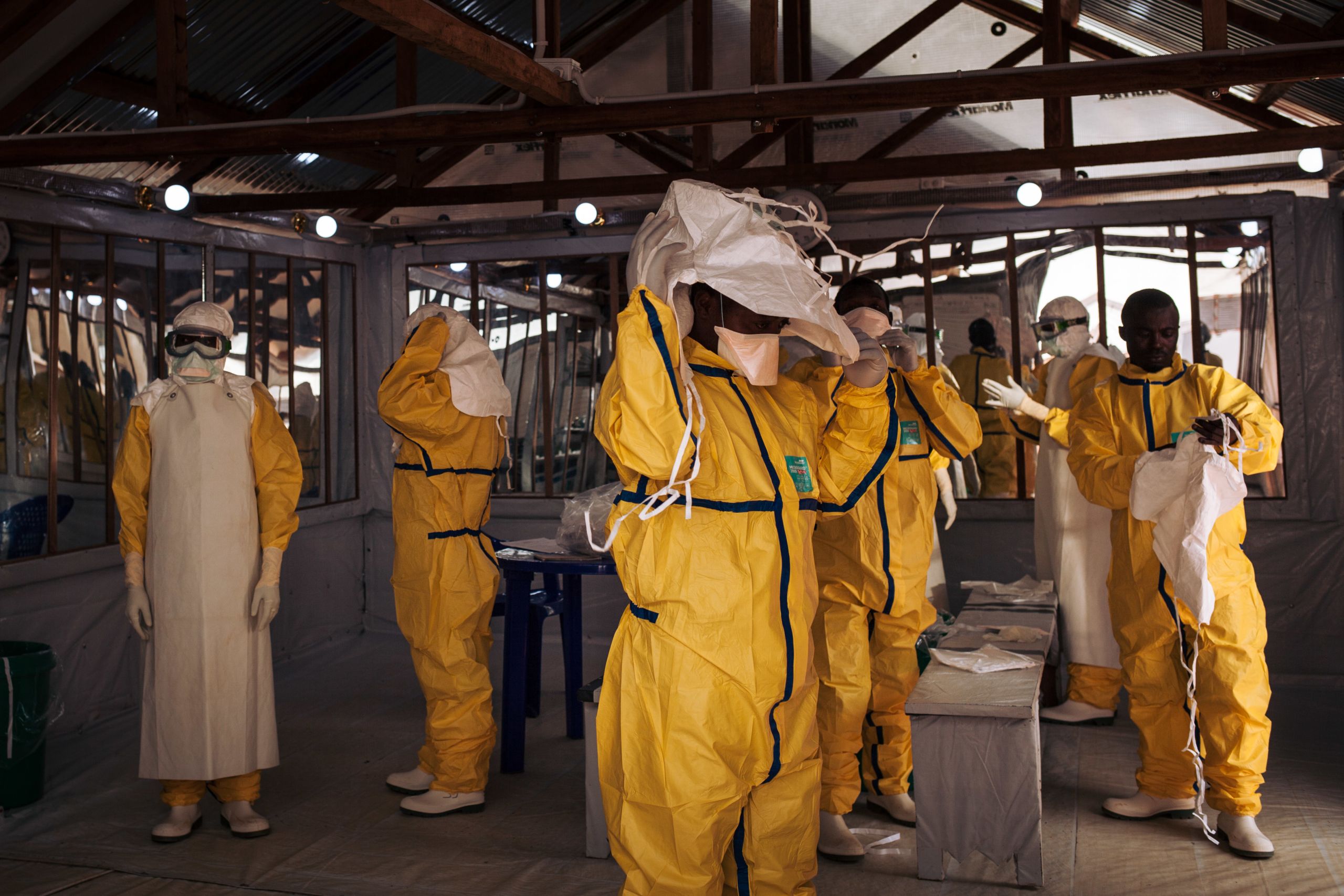
MSF is supporting the Ebola response through patient care in four Ebola Treatment Centres in Bunia, Beni, Goma, and Mwenga, numerous decentralised isolation/transit zones and infection prevention and control activities (IPC) and support to vaccination activities.
MSF’s main priorities are to assess communities health priorities, provide timely healthcare to Ebola patients, ensure appropriate IPC standards in healthcare facilities and improve access and quality of non-Ebola health care.
In all our projects, we are putting patients and communities first and engaging with the local community and existing health centres to identify needs and prioritize activities. In addition to integrated isolation and treatment facilities for suspect Ebola patients, MSF strengthens health care capacities, builds infrastructure for clean water, sanitation and hygiene, and invests into community outreach and health messaging in health centres all over the region.
The challenging fight against Ebola
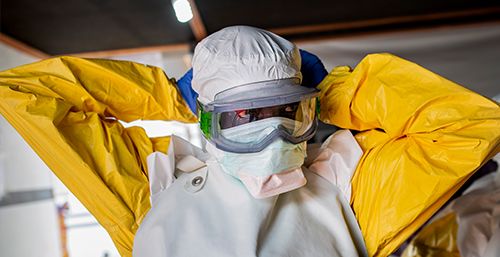
Delayed treatment and chance of survival
Ending the Ebola outbreak remains a complex endeavour. While fewer new cases have been confirmed in recent weeks, the epidemiological data shows that further efforts are needed to improve the response. New Ebola patients are confirmed with an average delay of five days from the onset of symptoms, during which time they are infectious to others and miss the benefit of receiving early treatments with a higher chance of survival.
Only 25% of new Ebola cases in the overall outbreak (33% in the last two months) are identified and monitored as contacts of previously confirmed cases. Two-thirds of direct and indirect contacts are lost or never followed-up with, risking further transmission.
Misconceptions around Ebola treatment
Persisting fears and misconceptions around Ebola treatment facilities and vaccination activities in local communities pose an additional challenge. A third of all deaths of confirmed or probable cases occurred in people’s homes and communities, where no treatment or isolation is available.
Fighting between armed groups as well as targeted violence can limit crucial activities like vaccination, surveillance and contact tracing, community health promotion and safe burials in some areas. While it is paramount that healthcare providers and their facilities are respected, it is important that healthcare providers earn the trust of the communities they seek to serve.
Ebola vaccination team at the MSF-supported health centre of Kanzulinzuli, in Beni, DRC.
Ebola vaccination team at the MSF-supported health centre of Kanzulinzuli, in Beni, DRC.
Building trust among communities
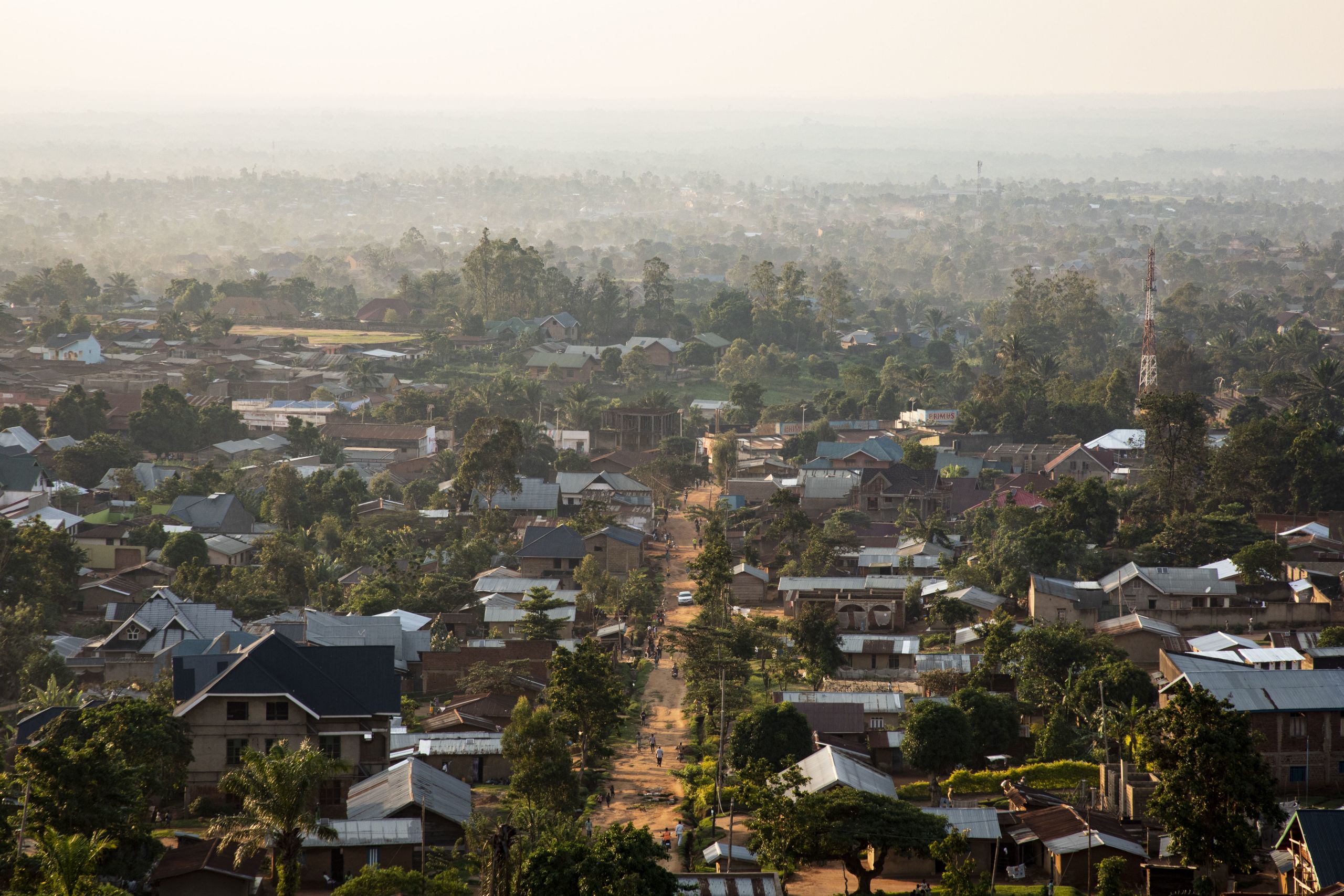
Putting communities and patients first is crucial in ending the epidemic
When my baby got measles, I did not know what to do because I thought that at the hospital, they would force him into the tents and he would get infected with Ebola.
Local resident Kayugho
Ebola is highly lethal, poorly-understood, and often the subject of conspiracy theories that evoke a sentiment of rejection.
Community dialogue and engagement must form the cornerstone of the Ebola response. They should not remain mere catchwords but also lead to action.
Put the focus on patients, not the disease. Suspect and confirmed Ebola patients should be cared for and respected like any other patient. They should be treated as people, not biological threats.
Decision-making by patients, families and clinicians should include informed consent obtained at all stages of care. No patient should be admitted under coercion or pressure, via the use of verbal or physical force. Patients and families should be empowered to take care of their own health.
In all its Ebola emergency and regular projects in the region, MSF is committed to plan, implement and evaluate activities together with communities.
MSF projects start with an open community dialogue exploring needs and assessing what MSF can do to meet those needs. In Biakato, the community asked MSF first to build water points and support primary health care before asking for a transit centre for suspect Ebola patients. In Beni, MSF decentralised isolation zones to local health centres bringing them closer to communities. All MSF Ebola Treatment and Transit Centres are supported by community outreach and health promotion activities including messaging on the Ebola epidemic as well as other health and hygiene topics.
Treatment and Vaccination
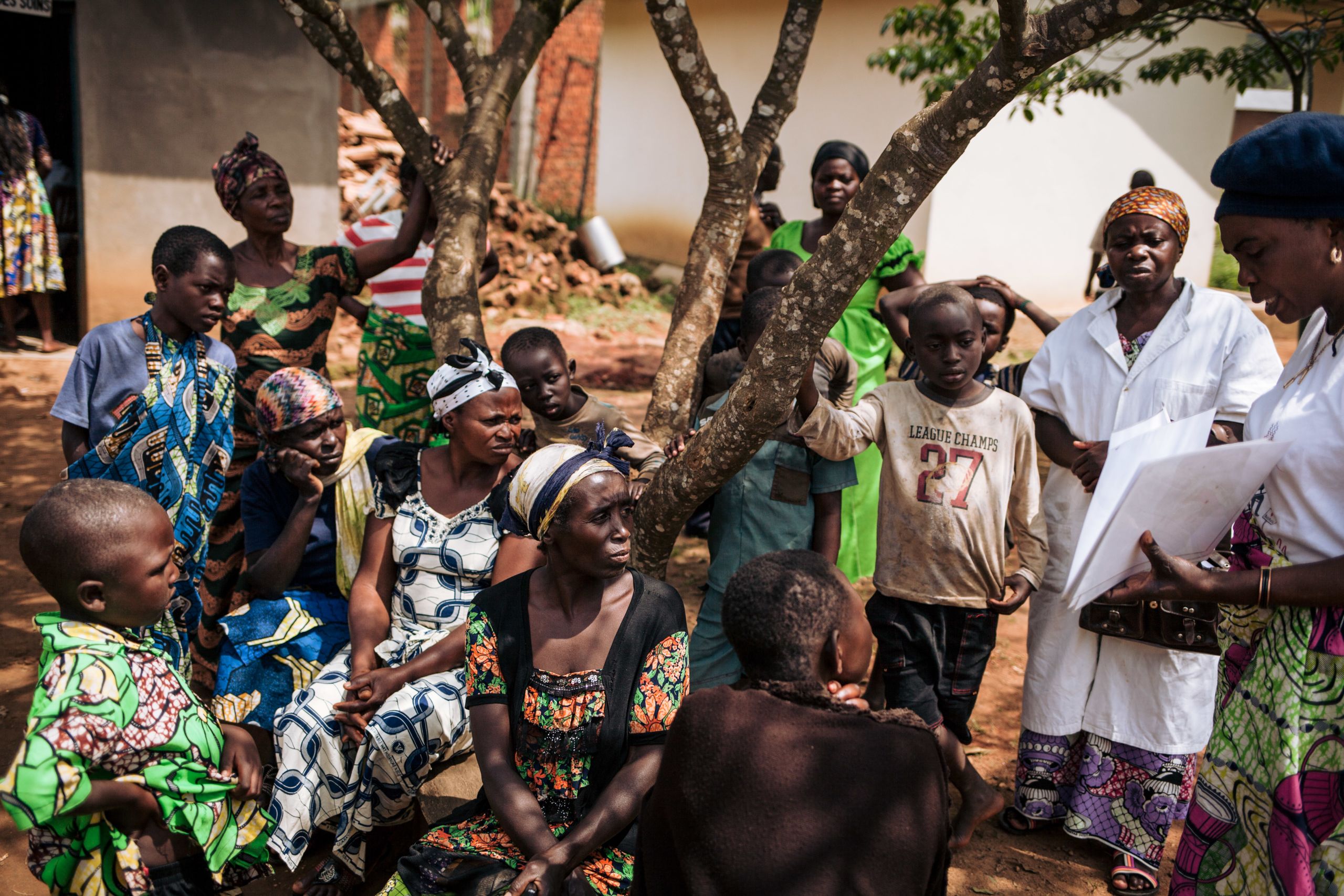
Previously, the standard treatment for Ebola was limited to supportive therapy. This consisted of hydrating the patient, maintaining their oxygen status and blood pressure and treating them for any complicating infections.
We now have access to new therapeutic treatments that are used in Ebola treatment centres under a study protocol. While confirmed patients and health workers benefit from the medication, their overall use remains restricted.
There are also vaccines available, administered using a ‘ring’ approach. This approach vaccinates people who have been in contact with Ebola patients and healthcare workers, creating a protective ring to prevent the spread of infection.
Whilst this is welcome news, it alone, won’t end the Ebola outbreak. We still urgently need to find a way to cut transmission, which requires placing affected communities at the centre of the response by prioritising their healthcare needs and rethinking the current failing response strategies.
A public health emergency amongst others
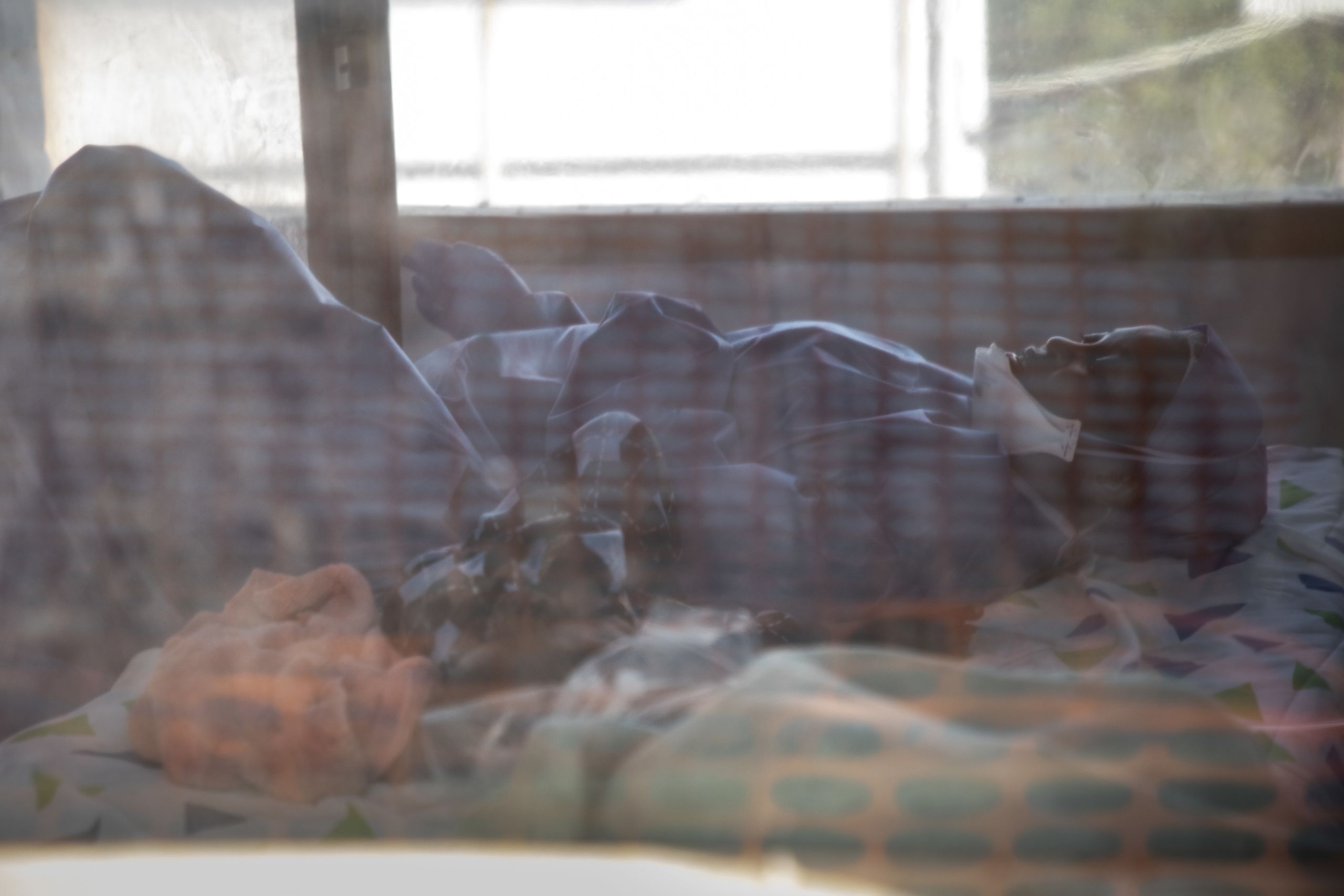
Ebola isn’t the only public health emergency in DRC.
The main causes of mortality in eastern DRC remain preventable diseases such as malaria and measles. In many health zones only limited health care is available, and was even before the Ebola epidemic.
MSF projects follow an integrated approach, aiming to support health centres and hospitals, investing in primary and secondary healthcare together with Ebola related activities. These efforts not only serve to make Ebola care more effective, they also help to improve the quality of care and access to much-needed services. MSF does not have any projects which focus on Ebola alone.
What gives me hope is the work of our teams here, supporting the community regardless of the immense challenges — and this is thanks to support from people like you.
Thank you for being part of Médecins Sans Frontières.
Carrie Garavan








